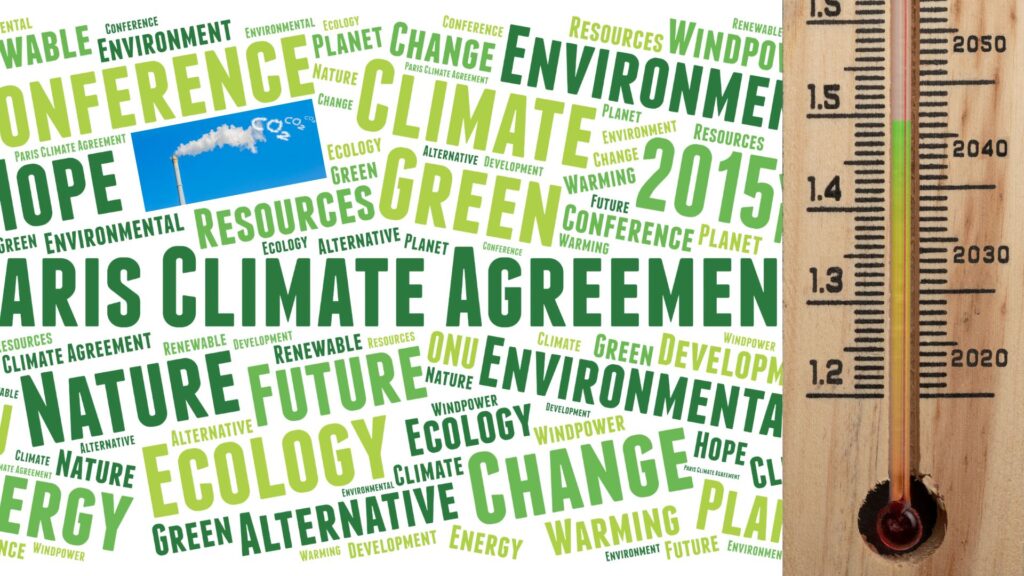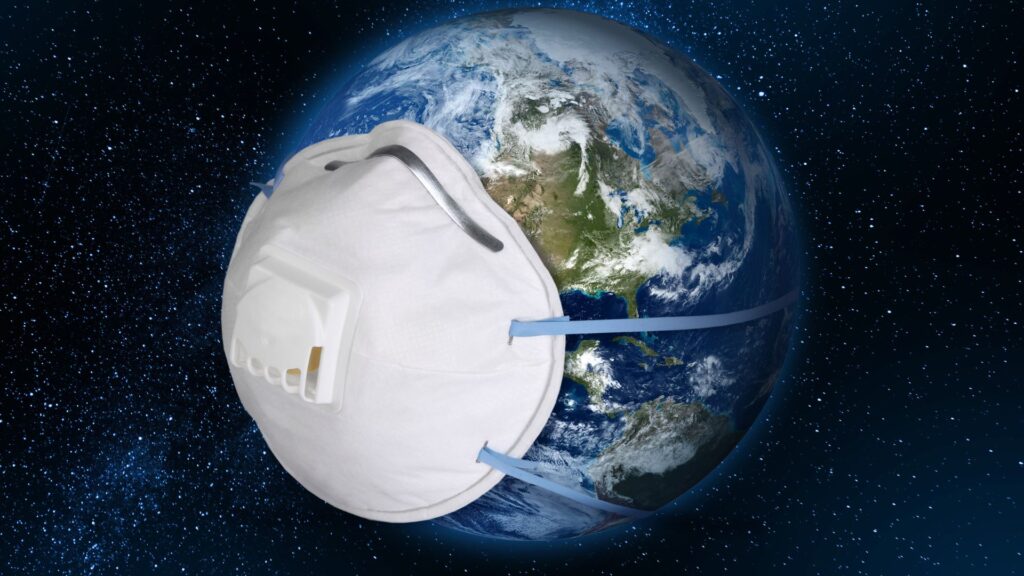Origem Motos: Leading the Charge for Sustainable Mobility and Carbon Neutrality in Brazil
Origem Motos, an innovative electric motorbike company based in Brazil, has emerged as a beacon of inspiration in an era marked by rapid urbanization, climate change, and the growing need for sustainable transportation solutions. Not only did their solutions immediately reduce GHG emissions compared to combustion motorcycles, but in 2023, they also went a step further by achieving the Carbon Neutral Certification, guaranteeing the complete offsetting of the emissions related to using and renting their electric motorbikes, in compliance with international standards. The Rise of Smart Electrical Transportation in Brazil The global transportation sector has significantly contributed to greenhouse gas emissions for decades, with gasoline and diesel-powered vehicles dominating the landscape. However, the urgent need to combat climate change has driven a surge in developing and adopting smart electrical transportation alternatives. Origem Motos is at the forefront of this transformative wave by pioneering electric motorbikes designed to cater to the needs of both individuals and businesses. With a robust electric motorbike fleet, Origem Motos is helping to reduce carbon emissions and usher in a cleaner, greener future for transportation in Brazil. Innovation at the Core Origem Motos is not just any electric motorbike company; it stands out due to its commitment to innovation. The company is pushing the boundaries of what electric motorbikes can offer regarding technology and performance. Here’s how Origem Motos is contributing to a more sustainable future: Advanced Electric Motorbikes Origem Motos designs eco-friendly, high-performance electric motorbikes. These bikes offer a cleaner and quieter riding experience while maintaining the power and range needed for urban transportation. Smart Charging Grid One of the most significant innovations is Origem Motos’ smart charging grid. It’s a network of strategically placed charging stations in the city that are easily accessible for riders. This infrastructure makes owning an electric motorbike more convenient and practical, addressing the range anxiety associated with electric vehicles. Cutting-Edge Technology Origem Motos incorporates state-of-the-art technology into their motorbikes. Features like smartphone integration, real-time data tracking, and GPS navigation enhance the riding experience and make electric motorbikes an attractive choice for tech-savvy consumers. Circular Economy in Practice Origem Motos’s approach to the circular economy is comprehensive, positively impacting the product’s lifecycle and the environment. This model is evident in several key areas: Design for Durability and Recyclability From the outset, Origem Motos designs its motorbikes to be durable, reducing the need for frequent replacements and minimizing waste. Additionally, the motorbikes are designed to be recyclable at the end of their lifecycle, ensuring that parts can be reused or repurposed, further reducing environmental impact. Product as a Service (PaaS) Origem Motos adopts a product-as-a-service model, offering leasing options for its electric motorbikes. This approach not only makes electric motorbikes more accessible but also ensures that Origem Motos retains responsibility for the maintenance, repair, and eventual recycling of the motorbikes. This model encourages efficient resource use and reduces waste. The circular economy model Origem Motos adopted significantly enhances their products’ value proposition. It reassures consumers that they are investing in a product that is not only innovative and accessible but also environmentally responsible. This model positions Origem Motos as a leader in sustainable practices within the transportation sector, reflecting a deep commitment to meeting the current needs of society and ensuring the well-being of future generations. Fighting Climate Change with Carbon Neutrality In 2023, the company took a step forward by achieving the Green Initiative’s Carbon Neutral Certification as a tangible expression of its commitment and dedication to sustainability. The process of obtaining the certification goes through 3 main steps: 1. Climate Pledge Companies like Origem Motos formally pledge to reduce their short- and long-term carbon footprint. This pledge serves as a guiding principle for their sustainability efforts. 2. Carbon Footprint Measurement A critical step in the certification process was the comprehensive measurement of Origem Motos’ carbon footprint, encompassing scopes 1, 2, and 3. This involved a rigorous assessment of direct and indirect emissions, from maintenance to transportation and other business activities. By identifying and quantifying these emissions, Origem Motos could pinpoint critical areas for reduction and set precise targets for improvement. 3. Carbon Credit Offset Origem Motos invested in high-impact carbon credits to neutralize its remaining carbon footprint. These credits support projects that reduce or capture greenhouse gas emissions from the atmosphere, such as Amazon forest conservation initiatives and developing clean energy technologies. This step offsets Origem Motos’ emissions and contributes to global efforts to combat climate change and promote sustainability. Building on the momentum of achieving carbon neutrality, Origem Motos is outlining its Climate Action Plan to further its commitment to environmental responsibility. This plan includes a series of ambitious targets and strategies designed to propel the company and its stakeholders towards a more sustainable future. Mitigating Climate Change through Electric Transportation in Brazil Brazil’s transition to electric transportation represents a transformative opportunity to address climate change while catalyzing socio-economic benefits. Electric vehicles have multifaceted advantages, highlighting their potential to revolutionize urban mobility, environmental health, and economic prosperity. Zero Tailpipe Emissions Electric motorbikes stand out for their absence of tailpipe emissions. Unlike traditional vehicles that release carbon dioxide, nitrogen oxides, and particulate matter, electric motorbikes offer a clean alternative, directly contributing to reducing urban air pollution. This shift is crucial for Brazil, where many cities grapple with air quality issues that directly impact public health. Broader Environmental Impact Beyond tailpipe emissions, the lifecycle emissions of electric vehicles, including manufacturing and electricity generation, are increasingly lower due to advancements in renewable energy and battery technologies. As Brazil advances its renewable energy capacity, the environmental footprint of electric transportation is set to decrease further, offering a sustainable path forward in reducing greenhouse gas emissions and combating climate change. Job Creation and Industry Development Brazil’s electric vehicle sector offers substantial economic opportunities. The development, manufacturing, and servicing of EVs and related infrastructure, such as charging stations and battery recycling facilities, can create new jobs and spur industrial growth. This sector’s expansion is poised to attract investments, foster technological innovation, and position










